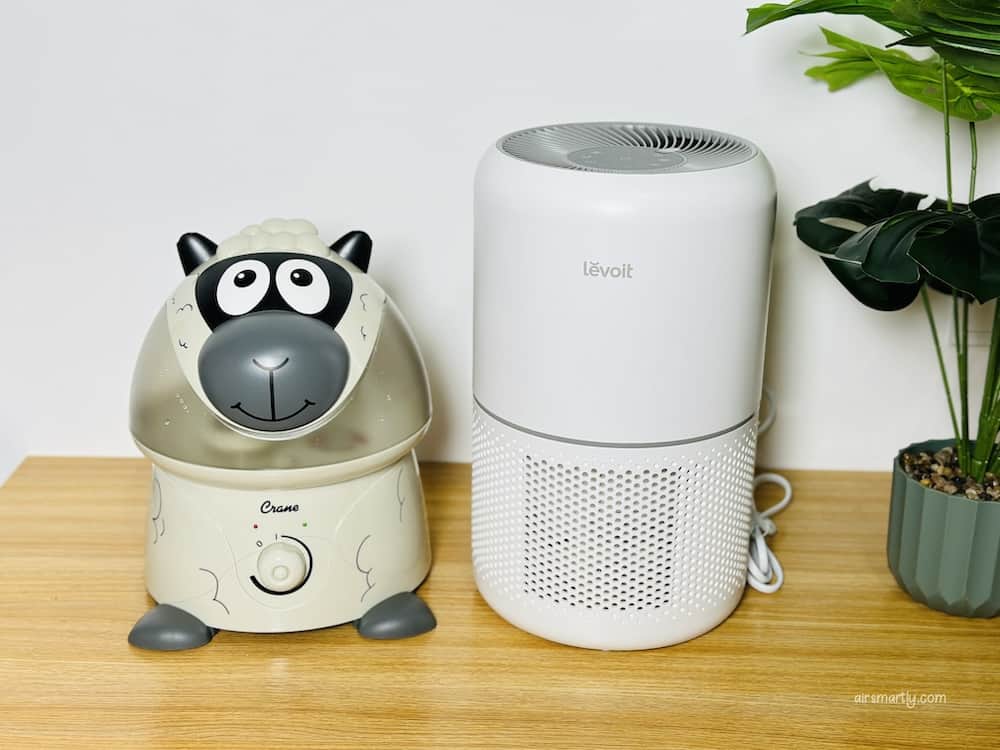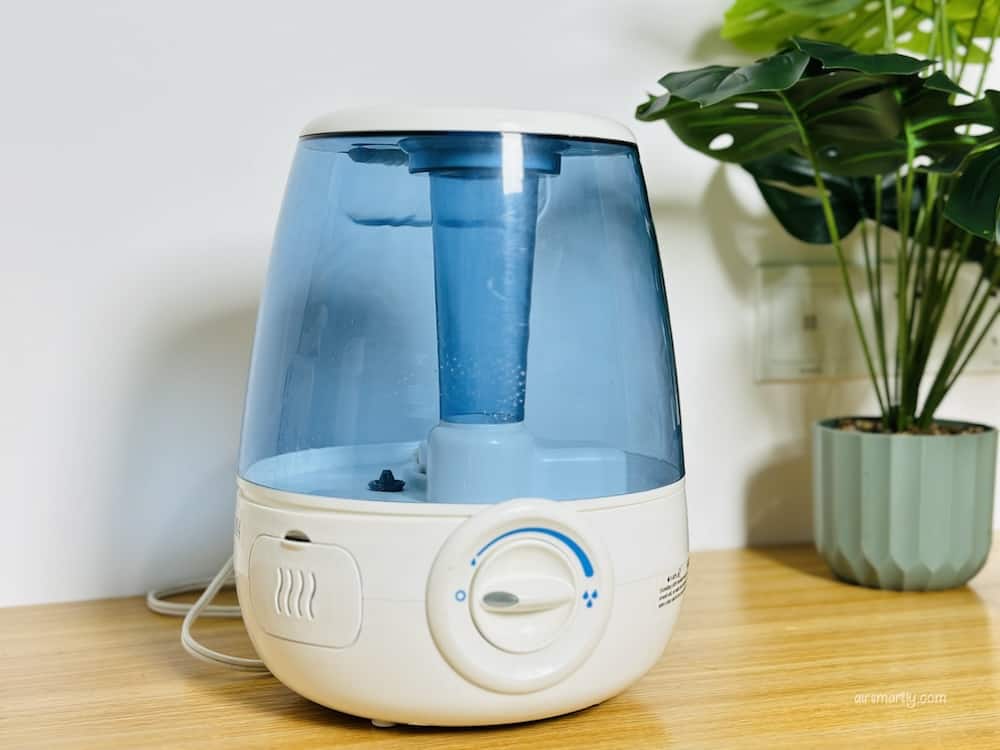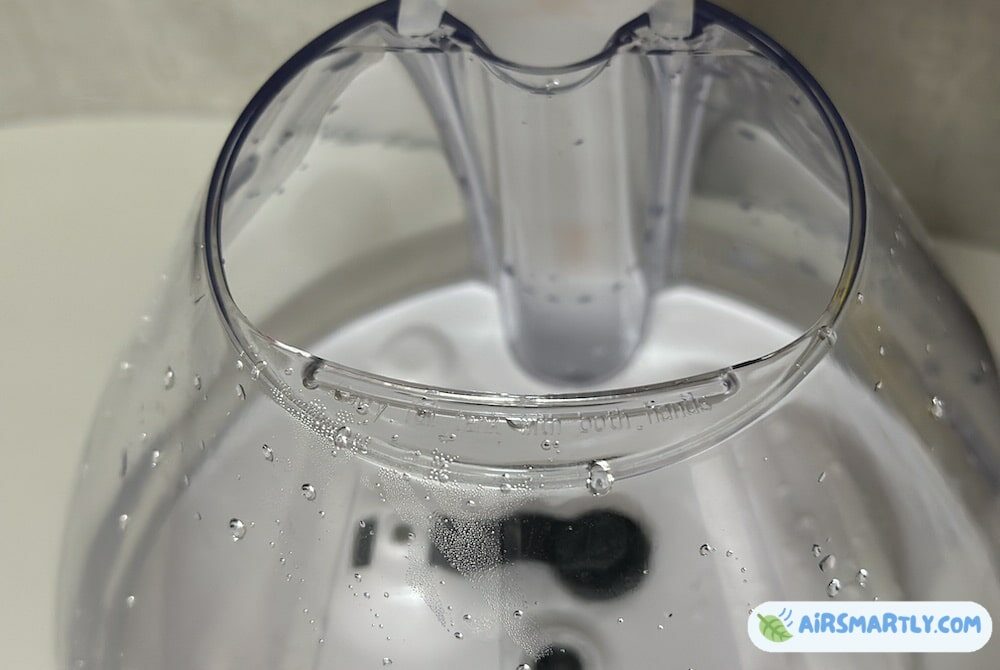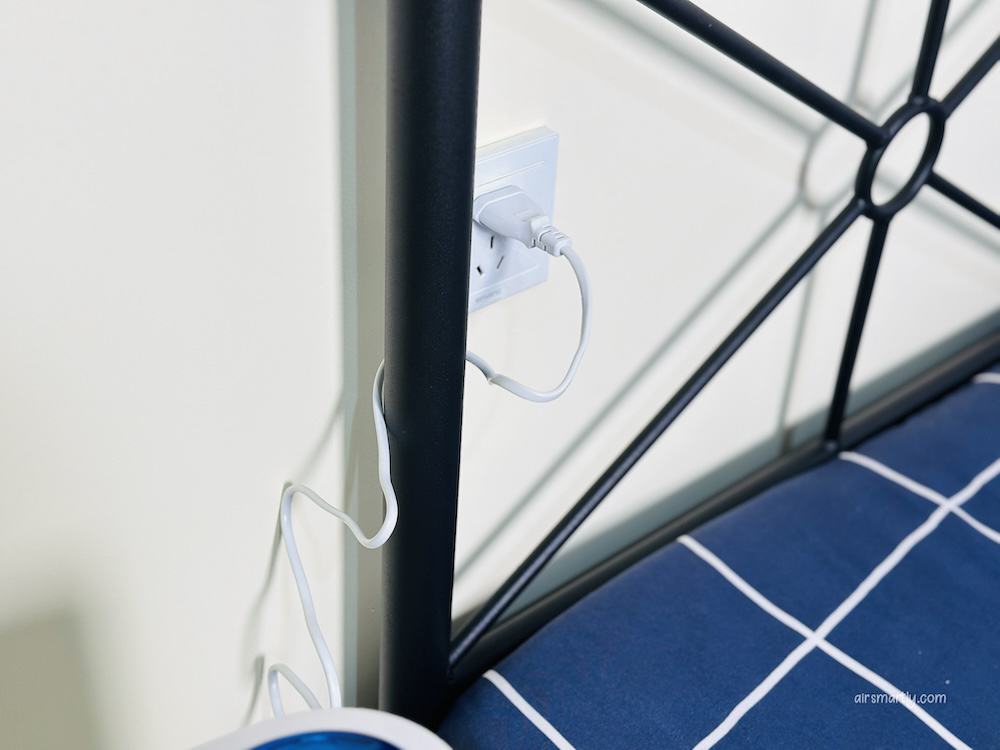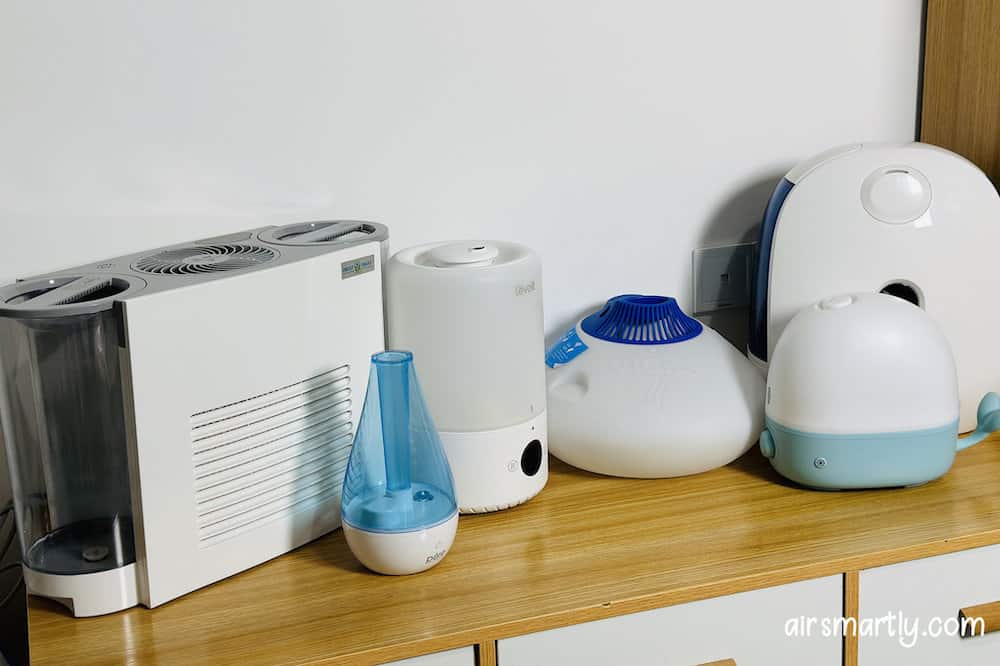Thanks to the advancement of technology, we have various options today to make us feel more comfortable at home. Air purifiers and humidifiers are not strangers to American families, and we like to use them for improving air quality and relieving symptoms of conditions.
However, many of us are not assured whether or not we can use an air purifier and humidifier together.
In short, it is totally fine to use a humidifier and air purifier in the same room. These two appliances will not cancel each other. Instead, you can benefit more than using them independently.
So how do they work, and what will happen when using them together. You can find many insights about this subject in the article.
How does an air purifier work?
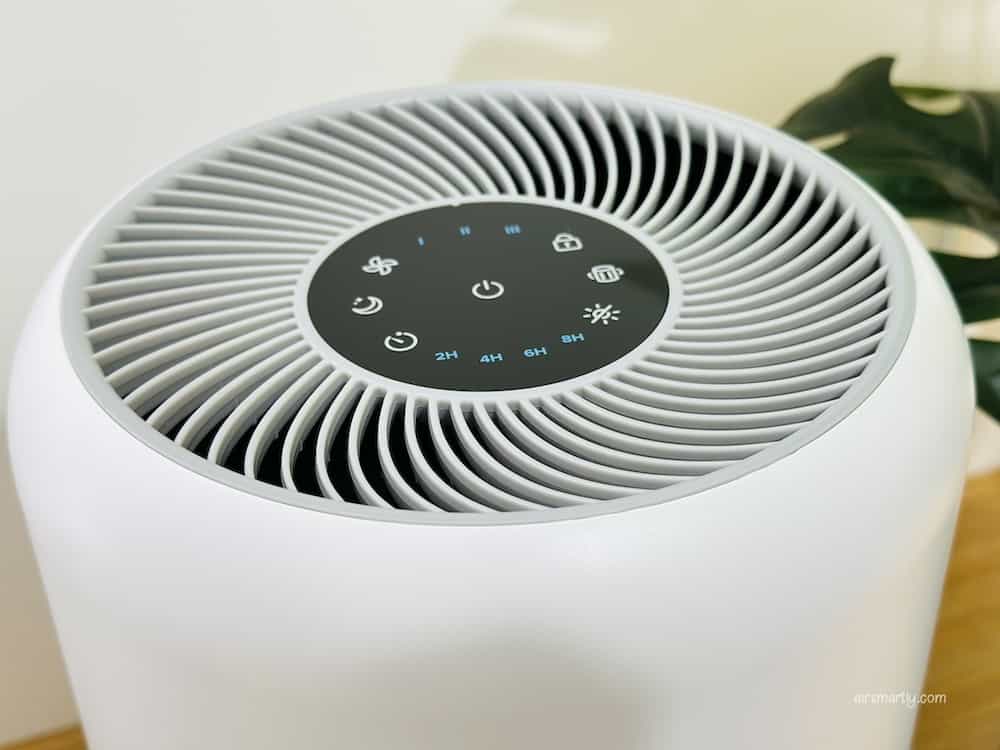
Before we get into the subject, we should figure out how these two machines work so that you can have a better understanding of why they can work together.
As its name suggests, an air purifier is a home appliance aimed at purifying the air. It works by sucking in air, filtering the air, and then releasing the clean air into the air again.
The indoor air may not be as clean as you have imagined. The common contaminants floating in the air include mold spores, dirt, pollen, smoke particles, and other allergens.
By using an air purifier, it can remove these substances by means of different types of filters or other disinfection technologies. These filters include carbon filters, HEPA filters, and so on. In a short period, it will improve the indoor air quality as a whole.
If you suffer from allergies or asthma, an air purifier could be a must-have for you.
How does a humidifier work?
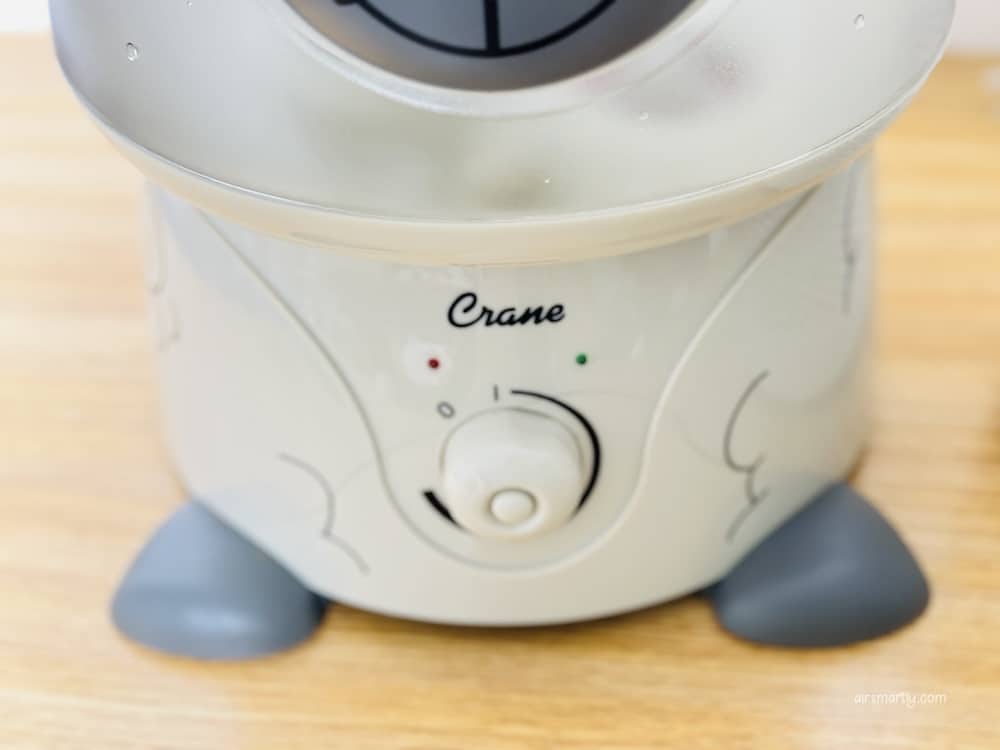
A humidifier works by inserting moisture particles into the air. The ideal humidity level for our human beings is between 35% to 55%.
When the relative humidity level is below 30%, our skin will start to dry, and mucus membranes will become dehydrated, which is unable to combat diseases. We tend to feel uncomfortable when staying at home.
A humidifier is handy for people who live in an arid region or climates with cold and dry winter months. When more and more water particles get into the air, the humidity level will be improved, relieving the symptoms due to the dry air.
Differences between humidifiers and air purifiers
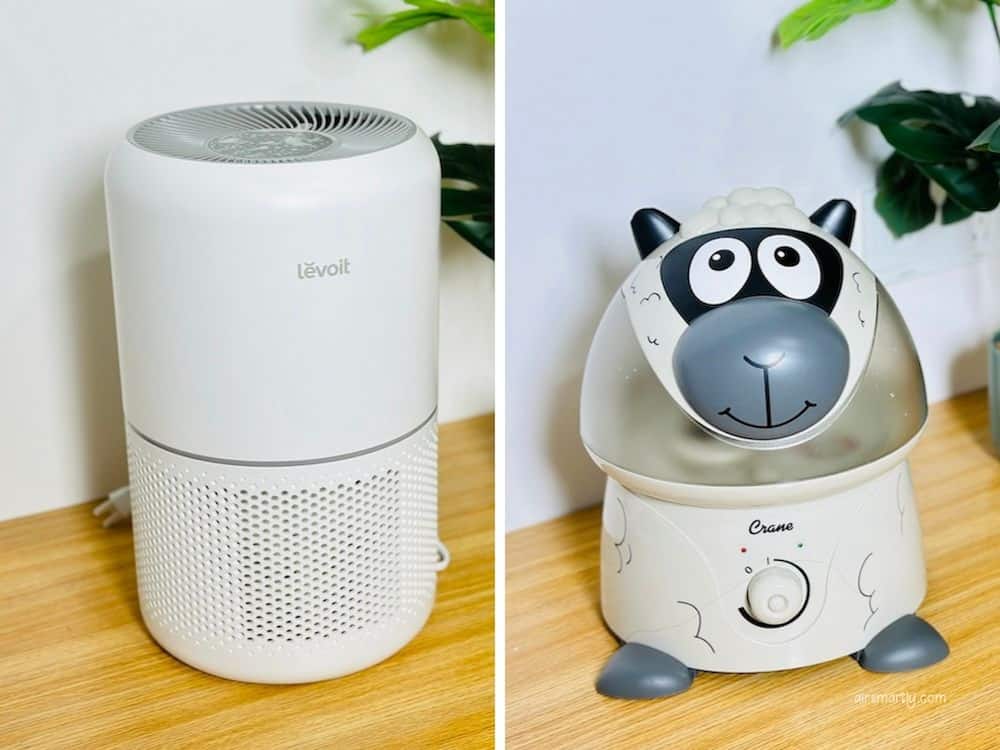
Even if we often use these two devices on dry and cold days, they work on different principles, meaning that they are not an alternative to each other.
The main difference between humidifiers and air purifiers is that air purifiers can remove the contaminants in the air, but humidifiers can’t.
Humidifiers can turn the water into the mist and release it into the air, but air purifiers can’t add anything to the air.
While they both can improve the air quality to some extent, air purifiers work better in preventing allergies and asthma because they can remove the allergens.
On the other hand, humidifiers have a better performance in making you feel better since your skin and membranes are hydrated by moistened air.
You see, they work in a different ways and try to improve the air from different perspectives. If you care about indoor air quality and are not short of budget, getting both would be sensible.
Can you use an air purifier and a humidifier in the same room?
Until now, we already know the functions of air purifiers and humidifiers. When air purifiers run, humidifiers will not do anything to interrupt them and vice versa.
Therefore you can use an air purifier and a humidifier in the same room. As usual, they will continue to work, bringing you a better indoor environment.
Even better, when they work together, both will increase the efficiency.
As I said, humidifiers can’t filter out the pollutants in the air. But it can reduce the number of airborne pathogens in another way.
When the humidity level is in the ideal range, the water droplets can condense on other molecules in the air and settle out when it is heavy enough. So, a humidifier can help an air purifier remove the impurities by sending more water droplets into the air.
Meanwhile, the air purifier can bring you more fresh air when using a humidifier. After a day or night, the room air can become stale. When it is over humidified accidentally, the air may become a playground of mold spores and harmful bacteria. A purifier can work to remove these annoying impurities caused by a humidifier.
Hence, if it is possible, using an air purifier and a humidifier together can bring you more health benefits. Your respiratory irritation will be alleviated not only by hydrated membranes but by fewer attacks of allergens.
That’s also why there is a myriad of air purifier humidifier combos on the market.
Can a humidifier affect an air purifier in some circumstances?
Even though it is rare, running a humidifier can possibly affect an air purifier.
The performance of the HEPA filter can decrease significantly whenever it is damp. It is also applied to activated carbon filters.
As the humidifier keeps sending out moisture particles, these particles can get inside the air purifier and wet the filters.
So you should either prevent placing the humidifier too close to the purifier or avoid the aid becoming over humidified.
Where to place a humidifier when using it with an air purifier?
Don’t put a humidifier in the air inlet of your air purifier.
When using a humidifier, it will form a condensed area with a high humidity level. When the air in this area is sucked into the air purifier, it will make the filters damp easily.
So you can place it at the air outlet of the purifier or put it in the other corner of your room.
Conclusion
Humidifiers and purifiers are both great at improving indoor air. But they are devices that serve different purposes, meaning that these two devices are not alternatives to each other.
Air purifiers can remove the impurities in the air so that there are much fewer allergens to trigger asthma attacks or allergies.
Humidifiers can also help to settle impurities, but their primary function of them is to relieve symptoms caused by dry air such as parched throat and nose, congestion, and dehydrated mucous membranes.
It is perfect to use a humidifier and an air purifier in the same room. They can work together and offer you more protection from infections and discomfort.
Just make sure the humidifier is not placed in front of the air inlet of your air purifier, as it may dampen the filter and affect the air purifier’s performance.
By the way, you can also use a humidifier with a fan at the same time. A fan can help disperse the moist particles and improve the overall humidity quicker.

